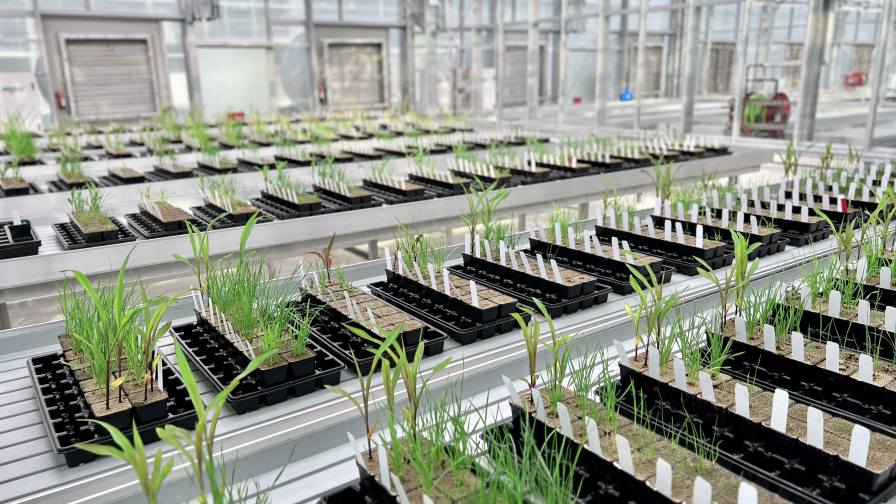Carbon Credits: Incentivising Sustainable Agriculture for the Indian Farmer
Agriculture is one of the sectors that registered robust growth even during the COVID19 pandemic phase because of the necessity to feed the global population, its potential to support economic growth, create and sustain jobs and boost exports, writes Dhruv Sawhney at Times of India. When most industries were reducing employment, agriculture saw an increase in employment ratios. Now that we are past the COVID phase, India is back on track to chase its goal of reaching the $5 trillion economic target by 2024/25. While every sector of the country will strive to attain this goal, its impact on the consumption of natural and energy resources will be tremendous. As the fastest growing economy, India is only behind China and the U.S. in greenhouse gas (GHG) emissions. Growing by approximately 3% annually from 2020, its CO2 emissions are estimated to reach 3.7 billion tons by 2030.
A farmer is probably the most exposed victim of the climate change food chain, subject to vagaries of nature such as unseasonal rainfalls, flash floods, and droughts. On the flipside, farming as a practice contributes significantly to GHG emissions; in India’s case, a significant 18% of the country’s GHG emissions. For years, negligent agricultural practices have been deployed to a point where today, the soil’s nutrient content, bioactivity, and natural carbon content are abysmally low. Inefficient and reckless agricultural practices have shoved the human race into a carbon debt. Drawing more to feed an ever-growing population will only further deplete whatever little is left.
The world today is hence entitled to build sustainability into the agri-ecosystem by providing opportunities to drive a new positive agenda for arable land, with benefits for climate, biodiversity, farm profitability, and farmer resilience, all of which are deeply interconnected. Today agtech startups are imparting renewed focus to this sector by introducing scientific and nature-based solutions that aim to reduce emissions, water wastage, and incessant fertilizer usage while improving yield, organic carbon (sequestering), and bio-activity of the soil. Implementing such strategies sounds daunting, but nudging farmers towards behavioral shifts to adopt sustainable farming practices is the only way forward.
Once the farmers are educated about these scientific agricultural practices, and when they see results first-hand, they conform to adopting such practices. These include the practices of crop residue management that prevent the farmers from stubble burning by spraying their stubble with bio-decomposers. Farmers who have adopted bio-decomposition have seen the triple benefits of improved soil quality, reduction in fertilizer cost for the next cropping season, and additional income in the form of intermittent crops.





